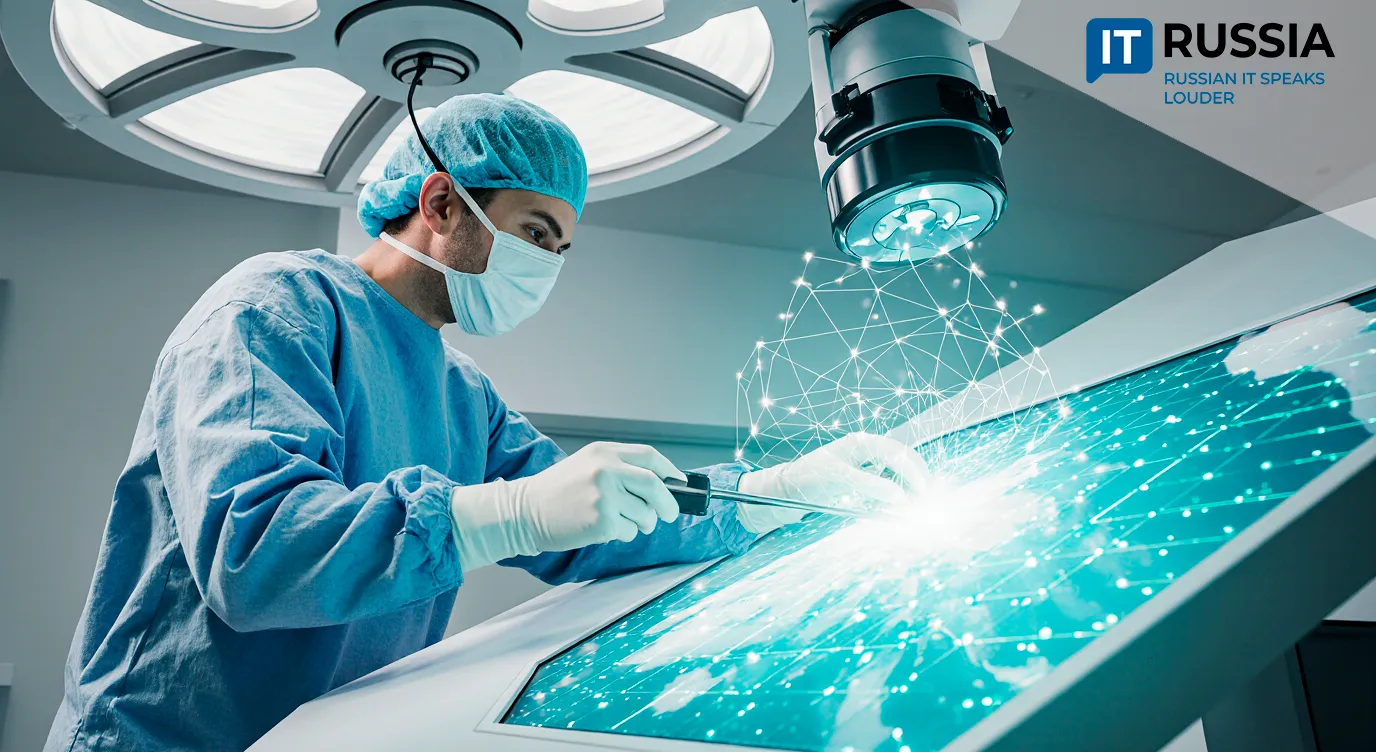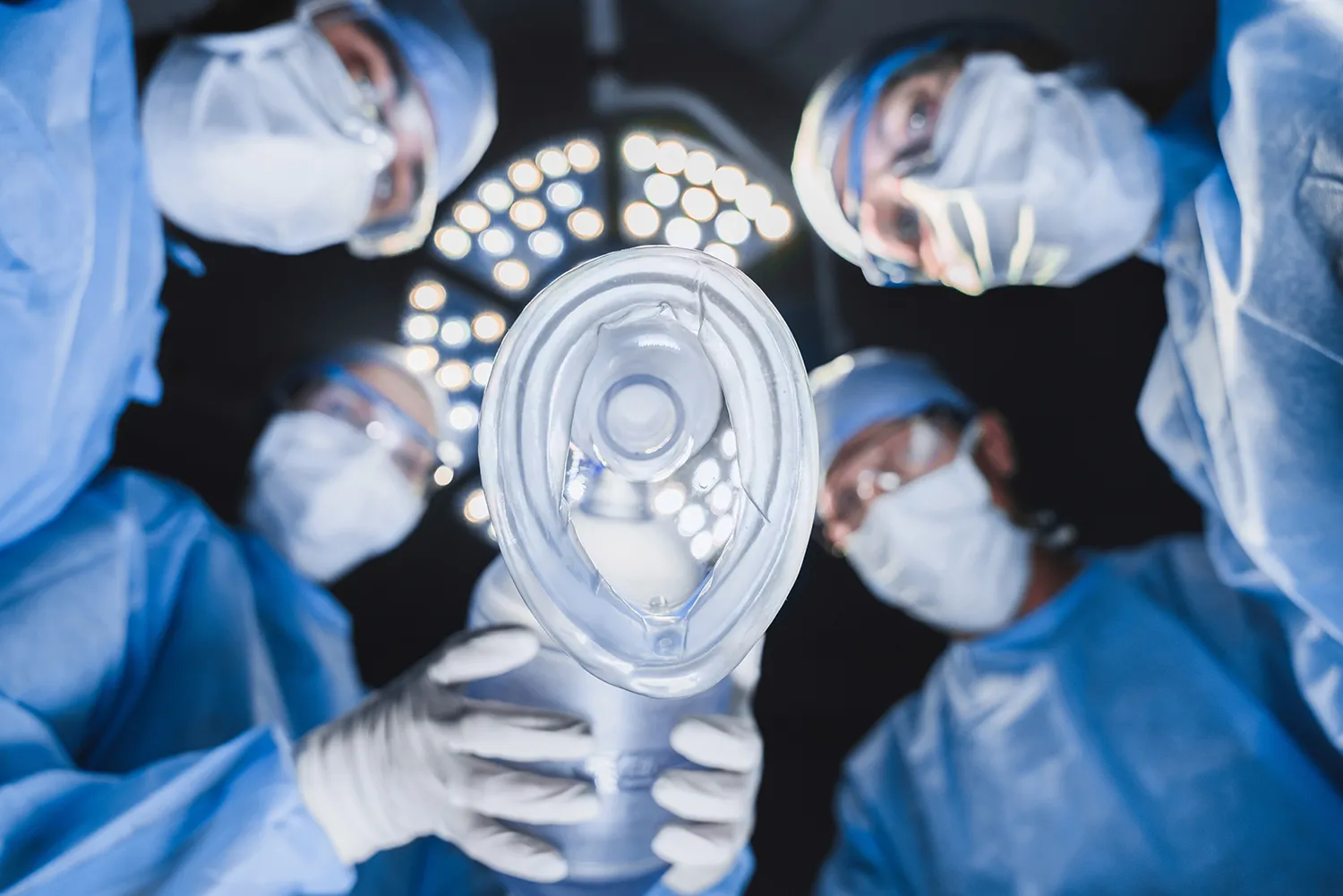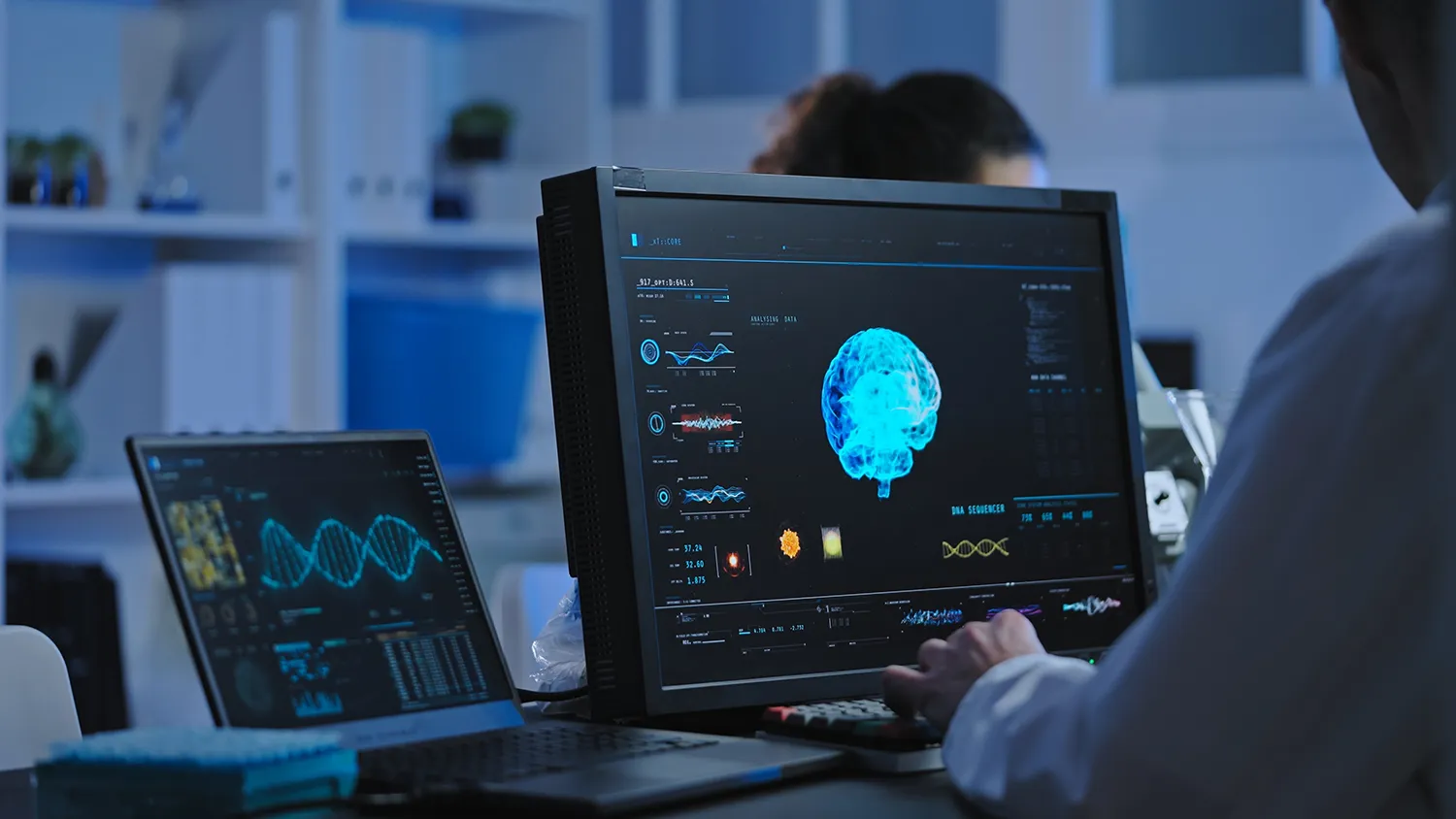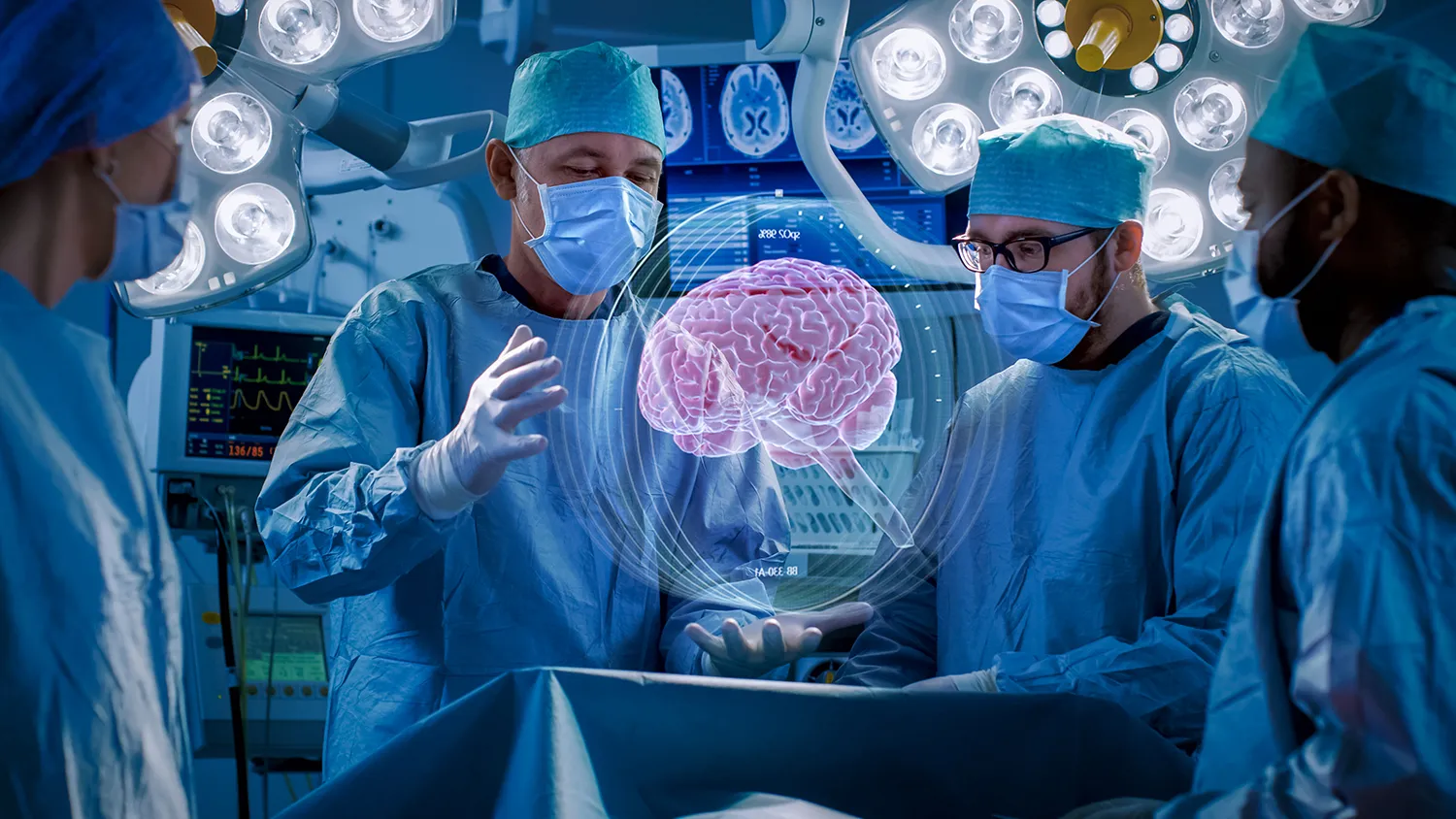Russian Breakthrough in Neurosurgery: First Domestic Frameless Guidance Device for Brain Biopsy

Scientists from the Institute for Innovative Development at Samara State Medical University have introduced Russia’s first frameless guidance device for brain biopsies, marking a significant leap in high-tech medicine.
Replacing the Old Standard
Researchers in Samara have developed a new guidance tool for brain biopsies, integrated into the AUTOPLAN surgical navigation system.

The device replaces traditional stereotactic frames—bulky metal structures bolted to a patient’s skull and long considered the gold standard for precise positioning of surgical instruments. The Russian solution makes procedures more accurate, safer, and more comfortable, both for the surgeon and the patient.
How It Works: Precision, Speed, and Real-Time Control
The frameless device works within AUTOPLAN to map surgical trajectories based on pre-operative imaging such as MRI and CT scans. Surgeons can fix their instruments along a pre-calculated path with sub-millimeter accuracy while tracking movement in real time.
By eliminating the need for a physical frame, the system reduces invasiveness, lowers the risk of complications, and shortens procedure times.
Until now, such precision was available only with expensive imported systems like CyberKnife. The Russian innovation achieves comparable accuracy while reflecting local clinical practices and cost realities.

Why It Matters: Patients, Nation, and Global Reach
For patients in Russia, the technology means a safer and less stressful brain biopsy experience. The painful fixation process and extended preparation times are replaced by faster, minimally invasive procedures that improve diagnostic efficiency.
For the country, it represents an important step in medical import substitution. Under sanctions, developing domestic solutions strengthens technological sovereignty and reduces reliance on foreign suppliers. Lower production costs also make the system more affordable, broadening access to advanced neurosurgical care.

Globally, the device has clear export potential, particularly in developing nations with limited healthcare budgets. AUTOPLAN has already been demonstrated at international exhibitions, including KIHE 2025 in Kazakhstan, where it attracted interest from medical professionals across the CIS and Asia.










































